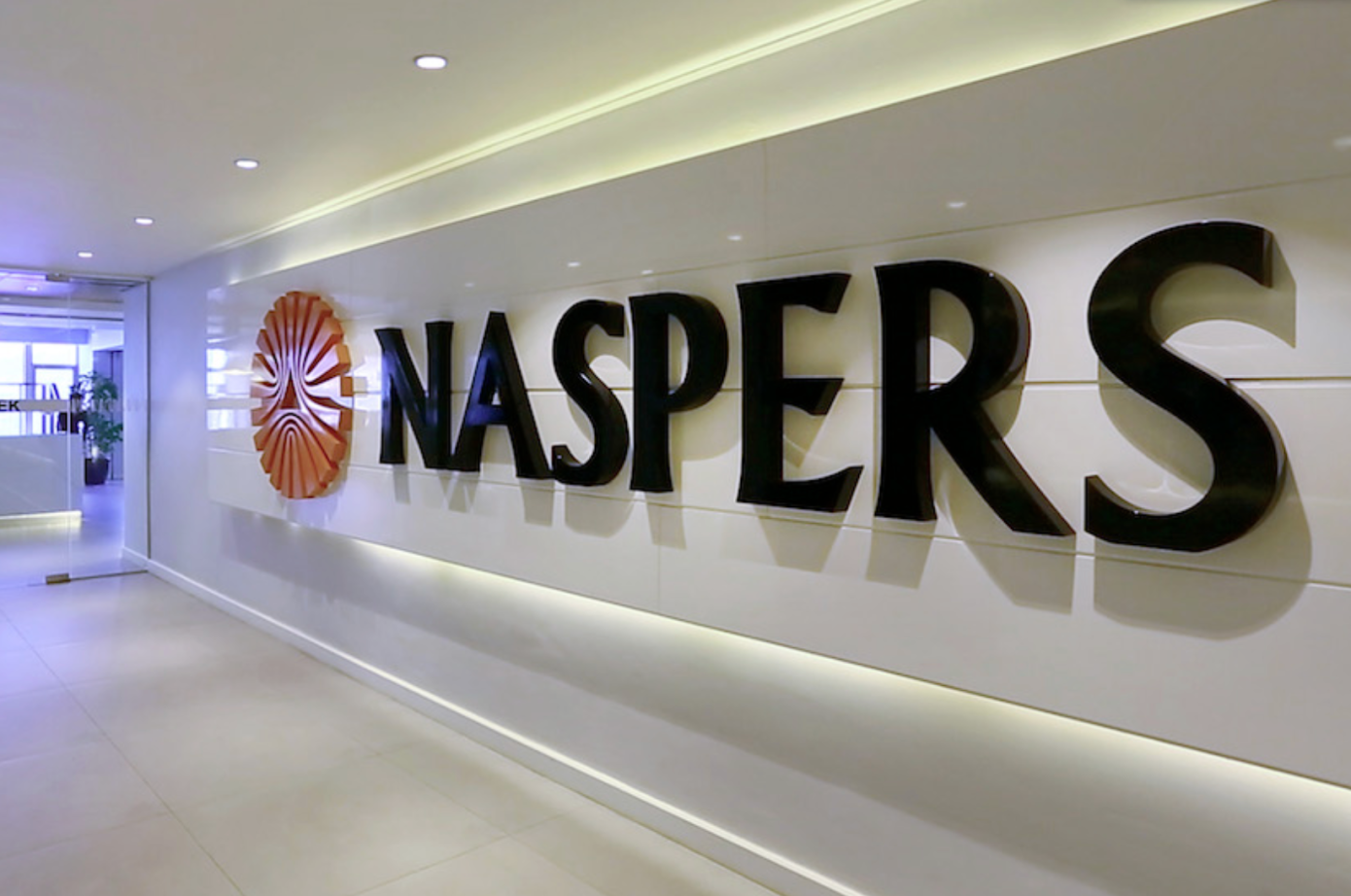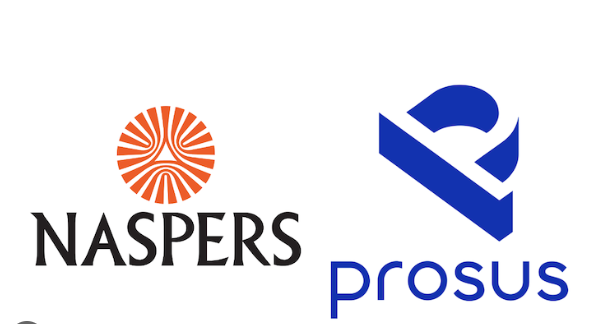Naspers SA on Monday announced that Phuthi Mahanyele-Dabengwa, the current CEO of Naspers South Africa, will join the company’s board. Mahanyele-Dabengwa’s appointment to the board is seen as a significant move for the company, reflecting its commitment to leadership diversity and strategic growth.
Read also: MTN extends Ralph Mupita’s CEO tenure by five years
Background on Phuthi Mahanyele-Dabengwa
Phuthi Mahanyele-Dabengwa has been a transformative figure in the South African business landscape. She joined Naspers as CEO of South Africa in July 2019, making history as the first black woman to hold this position within the company. Her leadership has been characterised by a focus on innovation and investment in technology, which is crucial for Naspers as it navigates the rapidly changing media and entertainment sectors.
In her own words, Mahanyele-Dabengwa stated: “As one of the country’s largest investors, Naspers is committed to driving growth and creating opportunities that benefit our communities”.
Her role on the board is expected to enhance Naspers’ strategic direction and governance, leveraging her extensive experience in both local and international markets.
Read also: Zenith Bank opens Paris branch to support African-European trade relations
Naspers enhances board with tech veteran
The inclusion of Mahanyele-Dabengwa on the board is anticipated to bring fresh perspectives to Naspers’ strategic discussions. Her background in investment and technology can help guide the company through challenges in an increasingly competitive environment.
Furthermore, this move aligns with broader trends in corporate governance that emphasise the importance of diversity and inclusion at the highest levels of decision-making. Companies across industries are increasingly recognising that diverse leadership teams lead to better decision-making, enhanced innovation, and improved overall performance.
Naspers has been widely acknowledged for its proactive efforts to improve representation within its leadership ranks. The company has demonstrated a consistent commitment to fostering a more inclusive environment by prioritising diversity in gender, ethnicity, and expertise in its executive appointments. The appointment of Phuti Mahanyele-Dabengwa to the board is a strong testament to this ongoing commitment. Her wealth of experience, coupled with her proven leadership skills, not only enriches the board’s strategic capabilities but also reflects Naspers’ dedication to mirroring the diverse markets it serves.
Phuthi Mahanyele-Dabengwa’s addition to the Naspers board marks a pivotal moment for the company and highlights its ongoing dedication to fostering diverse leadership while navigating complex market dynamics.



